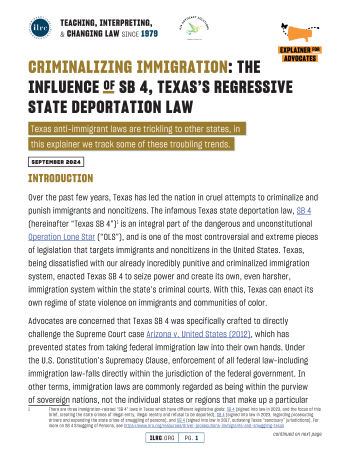
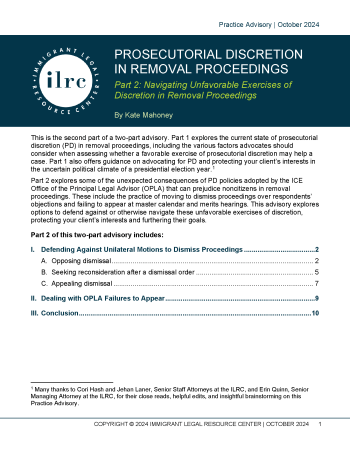
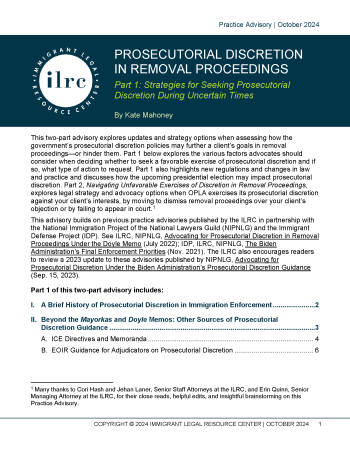
Amanda Chun
Amanda has been at the ILRC since September 2024. As Project Manager, she collaborates across departments to manage the regranting, reporting, and field-building components of programs for which the ILRC serves as Program Administrator.
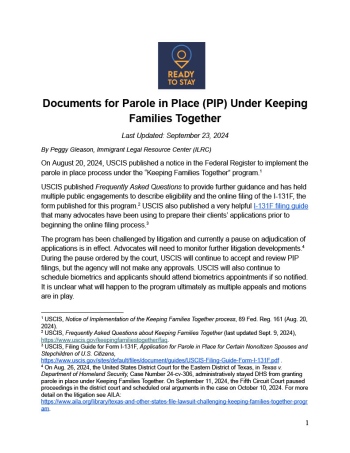
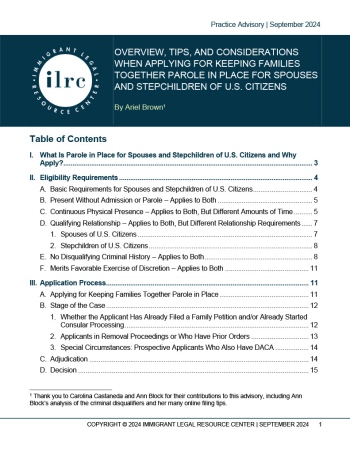
Miosotti Tenecora
Miosotti joined the ILRC September 2024 as a Staff Attorney focusing on immigrant youth and immigration enforcement issues. She is based in San Francisco, CA. Prior to joining ILRC, she was an associate attorney at Van Der Hout LLP and focused on affirmative and removal defense immigration matters. Prior to Van Der Hout LLP, she was an asylum officer at the USCIS San Francisco Asylum Office. At the asylum office, Miosotti adjudicated affirmative asylum applications, and credible and reasonable fear determinations.

